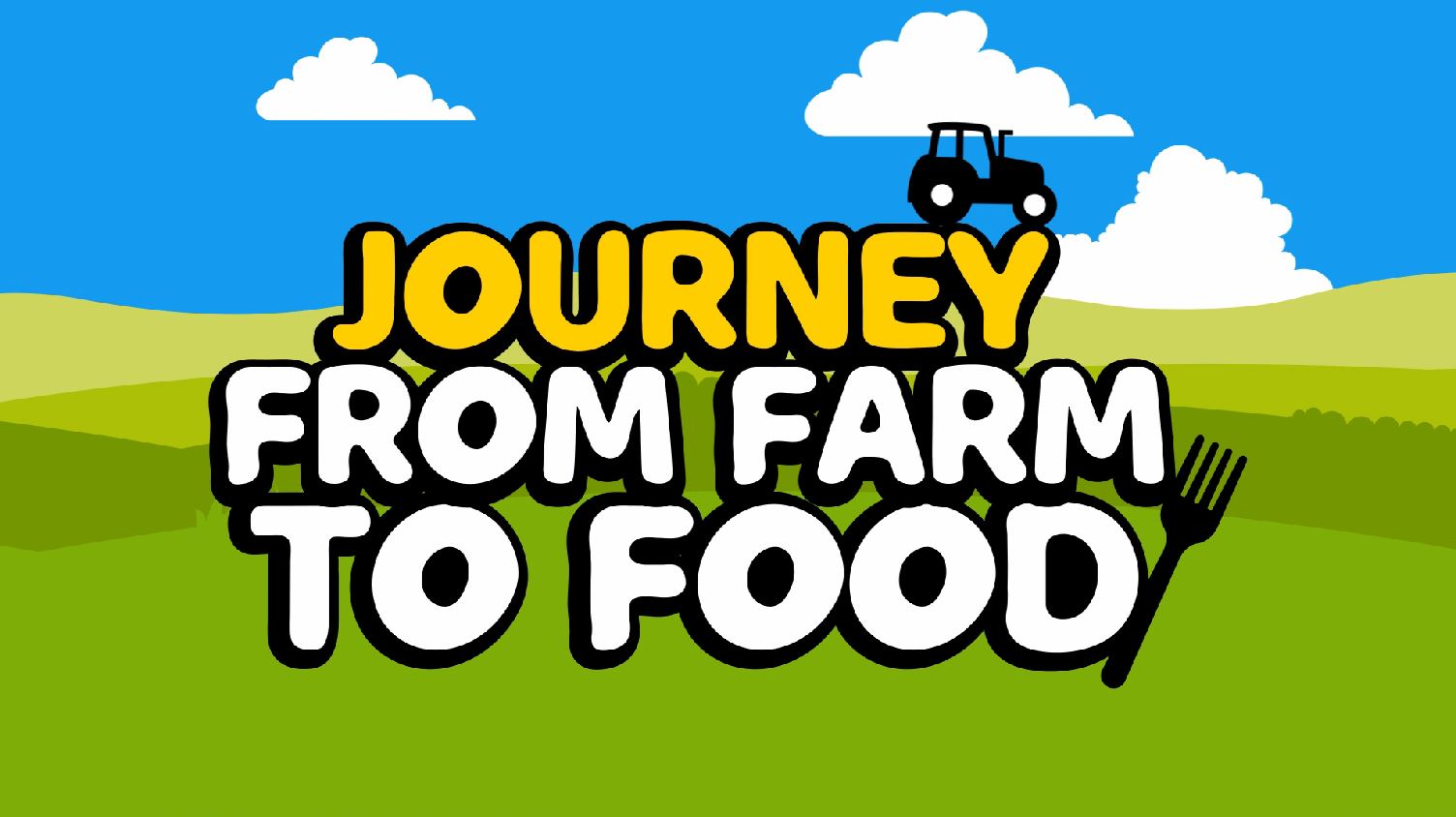Identifying opportunities to maximise value and reduce waste in red meat processing in Wales
A new report written by HCC on behalf of WRAP Cymru has identified several opportunities where the red meat processing sector in Wales can reduce waste and increase efficiency.
The report ‘Identifying opportunities to maximise value and reduce waste in red meat processing in Wales’ was funded by WRAP Cymru and was written by Dr Eleri Price, David Marks and Paul Bache. The report acknowledges innovative work already being done in the industry to reduce food waste as well as highlighting areas for future development.
A sample of four abattoirs took part in the project out of the 19 abattoirs currently operating in Wales. The abattoirs which participated in the project were small and medium enterprises with the majority being run as family businesses. Their current processes and procedures were monitored and assessed to see what more could be done in the industry to increase business profitability and reduce waste – improving the industry’s environmental footprint.
Key recommendations from the report to improve efficiency and reduce waste within the sector include: continuous reviews of business expenditure to manage costs; examining collaborative business ventures to reduce processing and waste disposal costs; investigating ways to add value to food products or waste products (such as pet food or energy generation) and offering training to both livestock farmers and abattoir staff to reduce waste on site.


